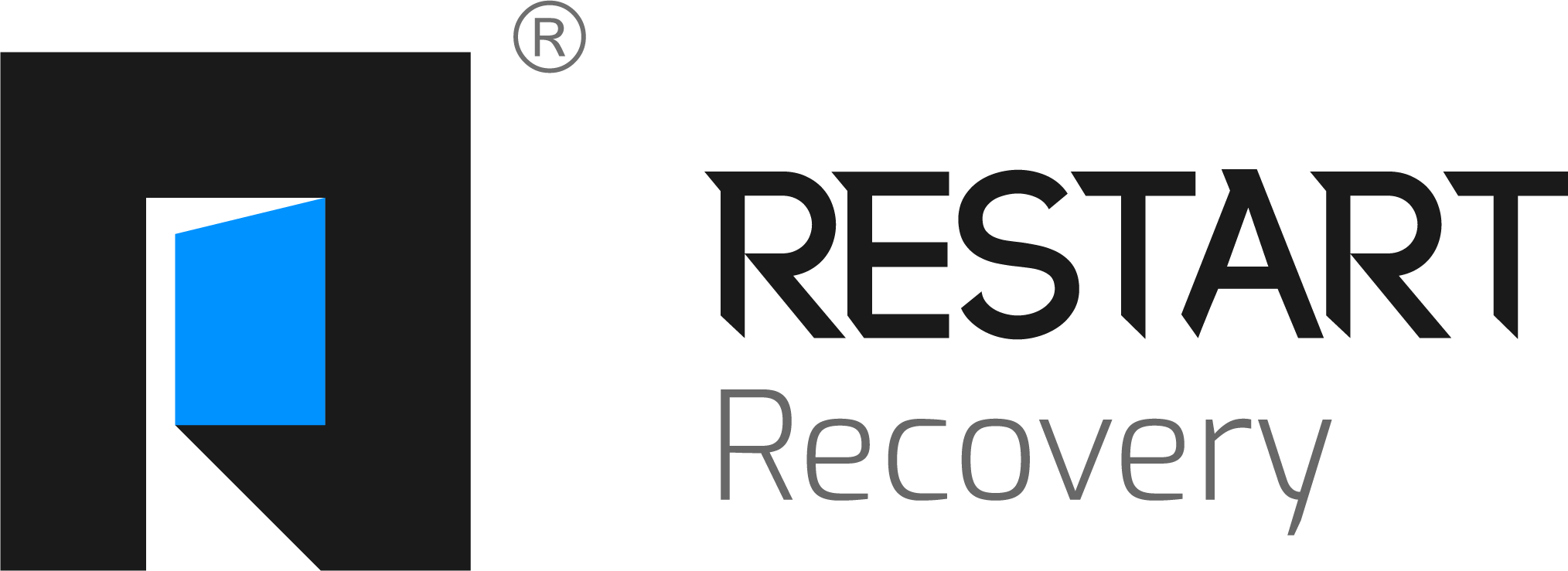Beyond Willpower: The Disease Model of Addiction
- Yasmin Maghsoudloo
- Apr 27, 2025
- 4 min read

Beyond Willpower: The Disease Model of Addiction
For many years, addiction was viewed as a moral failing or a simple lack of willpower. People struggling with substance abuse were often blamed for their inability to stop and seen as weak or unwilling to change. However, modern science and research have transformed our understanding of addiction, and it is now recognized as a complex disease that affects both the brain and behavior. The disease model of addiction emphasizes that addiction is not a choice but a chronic illness requiring medical treatment and long-term management.
In this blog, we’ll explore what the disease model of addiction is, how it redefines the way we view substance abuse, and why willpower alone is often not enough for recovery.
What is the Disease Model of Addiction?
The disease model of addiction treats addiction like any other chronic disease, such as diabetes or heart disease. It suggests that addiction is caused by a combination of genetic, environmental, and neurological factors, leading to compulsive behavior that is difficult to control.
In the disease model:
Genetics play a role in predisposing individuals to addiction. Studies suggest that up to 50% of a person’s vulnerability to addiction is related to genetic factors.
Neurological changes occur in the brain of someone addicted to substances. These changes affect areas of the brain involved in decision-making, reward, and impulse control, making it difficult to stop using drugs or alcohol even when there are negative consequences.
Environmental factors such as trauma, stress, peer pressure, and availability of substances contribute to the development of addiction.
Under this model, addiction is not seen as a choice or a failure of character but as a disease that requires appropriate treatment.
How Addiction Alters the Brain
Understanding the neurological impact of addiction is key to the disease model. Substance abuse alters the brain’s reward system, particularly the dopamine pathways, which are responsible for feelings of pleasure and reinforcement. When someone uses drugs or alcohol, dopamine floods the brain, creating a powerful sense of euphoria. Over time, the brain becomes accustomed to these surges, and natural dopamine levels decrease, leaving the person feeling depressed, anxious, or unmotivated without the substance.
Additionally, addiction affects the prefrontal cortex, the part of the brain responsible for decision-making and self-control. As a result, individuals struggling with addiction often find it hard to resist the urge to use drugs or alcohol, even when they want to quit. This loss of control is one of the key symptoms that differentiates addiction from casual or social use.
Why Willpower Alone Isn’t Enough
The idea that addiction is solely a matter of willpower is outdated and harmful. The disease model of addiction shows that willpower is only one small piece of the recovery puzzle. Here’s why:
Brain Chemistry: Addiction fundamentally changes the brain, making it difficult to quit without proper treatment. The brain’s reward system and self-control mechanisms are impaired, making it nearly impossible to stop using substances simply by "trying harder."
Cravings and Triggers: People in addiction recovery often experience intense cravings and environmental triggers that make staying sober a constant battle. These cravings can be overwhelming and are driven by the brain’s desire to return to a state of euphoria.
Relapse is Common: Like any chronic disease, addiction is prone to relapse. Many people in recovery will go through periods of abstinence and relapse before achieving long-term sobriety. This doesn’t mean they aren’t trying hard enough—it’s a reflection of how powerful addiction can be.
Co-occurring Disorders: Many individuals with addiction also struggle with mental health disorders like depression, anxiety, or PTSD. Without addressing these underlying issues, relying on willpower alone to stop substance use is ineffective.
Treatment for Addiction: A Medical Approach
The disease model of addiction supports the use of medical treatment to address addiction, often involving a combination of therapies, medications, and support systems. Some key treatment approaches include:
Medications: Medications like methadone, buprenorphine, and naltrexone are used to help people reduce cravings and manage withdrawal symptoms, especially for opioid addiction. These medications help to restore balance in the brain’s reward system.
Behavioral Therapy: Therapies such as Cognitive Behavioral Therapy (CBT) help individuals change their thought patterns and behaviors related to substance use. These therapies focus on coping strategies, stress management, and relapse prevention.
Support Systems: Group therapy and support groups like Alcoholics Anonymous (AA) or Narcotics Anonymous (NA) provide a community where people can share experiences, support one another, and stay accountable in their recovery journey.
The Importance of Long-Term Management
Since addiction is a chronic disease, long-term management is essential for sustained recovery. Just as a person with diabetes needs ongoing treatment and lifestyle changes, so does someone in addiction recovery. Relapses may occur, but they are part of the recovery process, not a sign of failure.
Conclusion: Addiction as a Disease, Not a Choice
The disease model of addiction offers a compassionate, science-based approach to understanding and treating addiction. By recognizing that addiction is not a matter of weak willpower but a complex illness that affects the brain, we can reduce stigma and provide more effective, evidence-based treatment.
If you or a loved one is struggling with addiction, remember that help is available. With the right combination of medical care, therapy, and support, recovery is possible.
Need Help? Our addiction treatment center offers comprehensive care, including medical detox, therapy, and long-term support. Contact us today to learn more about how we can assist in your recovery journey.





Comments